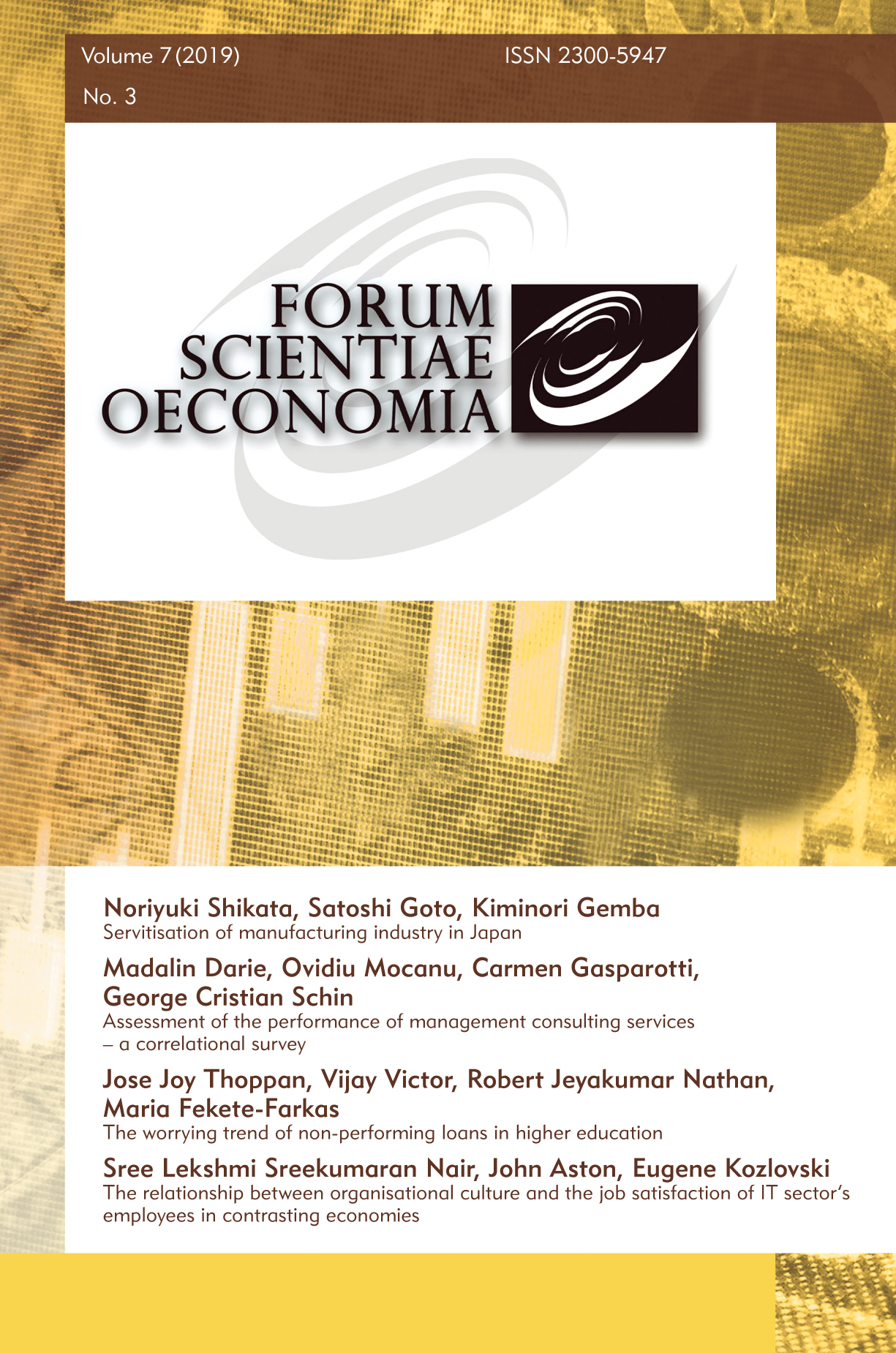Mea culpa – the role of religion in corruption perception
Mea culpa – the role of religion in corruption perception
Author(s): Ivan Valdovinos-Hernandez, Mike Szymanski, Karina GrabowskaSubject(s): Socio-Economic Research, Corruption - Transparency - Anti-Corruption
Published by: Wydawnictwo Naukowe Akademii WSB
Keywords: religion;corruptio;corruption Perception Index;
Summary/Abstract: Corruption, i.e. an abuse of power by a person in a position of authority in exchange for personal benefits, is a major concern in international business. It delays economic development since it undermines democracy, alters competition mechanisms, increases the cost of doing business and discourages foreign direct investment (cuervo-cazurra, 2006; Nwabuzor, 2005; Seleim and bontis, 2009). Due to its high impact, corruption has been studied extensively from both economic and cultural perspectives. In this study we focus on the latter. religion seems to have an influence on political preference and work ethic, and as such, some religions may attenuate or exacerbate corruption practices. Previous research is inconclusive on the direction of such influence. We created an original dataset for our study to test our hypotheses. Addressing previous criticism on extant research regarding the heterogeneity of individual religious beliefs, we decided to use individual surveys. In this sense, we followed the example of Ko and Moon (2014), using the World Value Survey (WVS) dataset and the corruption Perception Index (transparency International, 2018) as a source for the dependent variable. Our study confirms that one religion sets itself apart from others as a variable affecting the level of perceived corruption within a country.
Journal: Forum Scientiae Oeconomia
- Issue Year: 7/2019
- Issue No: 3
- Page Range: 49-62
- Page Count: 14
- Language: English

